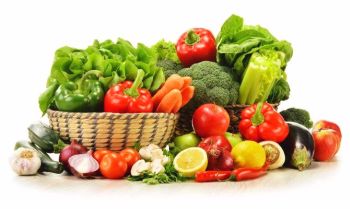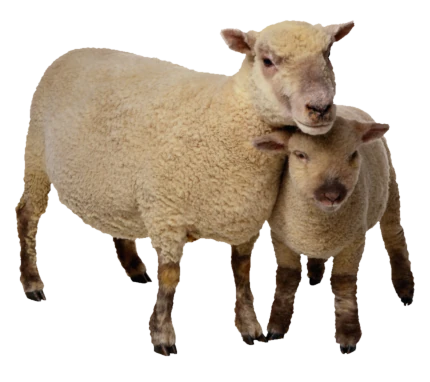by Bridget Creel, Editor
With all of the diet variations that exist, it is difficult to decipher which are the healthiest, the best for weight loss, or which will prevent health problems. Vegan diets may be adopted for religious reasons, moral reasons, or health reasons. According to a study by The Vegetarian Resource Group, about 16 million United States citizens are vegetarian and about 8 million of those vegetarians are vegan. I spoke with Vandana Sheth, registered dietitian and spokesperson for the Academy of Nutrition and Dietetics, about the positive and negative consequences of practicing a vegan diet.
“A vegan diet is a strict vegetarian, plant-based diet that excludes all animal products, including dairy, eggs, meat, poultry, fish, lard, and gelatin,” Sheth said. “Some people on a vegan diet also avoid honey.”
Although a vegan diet is safe and can be beneficial, there are some concerns to be aware of. It is possible that some vegans need a vitamin B-12 supplement to replace the nutrients found in animal products. Sheth also suggests getting vitamin B-12 from plant-based dairy alternatives, such as almond milk or soy milk.
“Well-planned vegan diets can be nutritionally adequate and provide many positive health benefits,” Sheth says. “Going meatless even one day per week may reduce your risk for developing conditions such as cancer, heart disease, diabetes, and obesity.”
For a vegan diet, it’s very important to get the right quantity and combination of foods so that the body receives essential nutrients to stay healthy. Planning and balancing meals to be nutritionally adequate and appropriate goes a long way.

